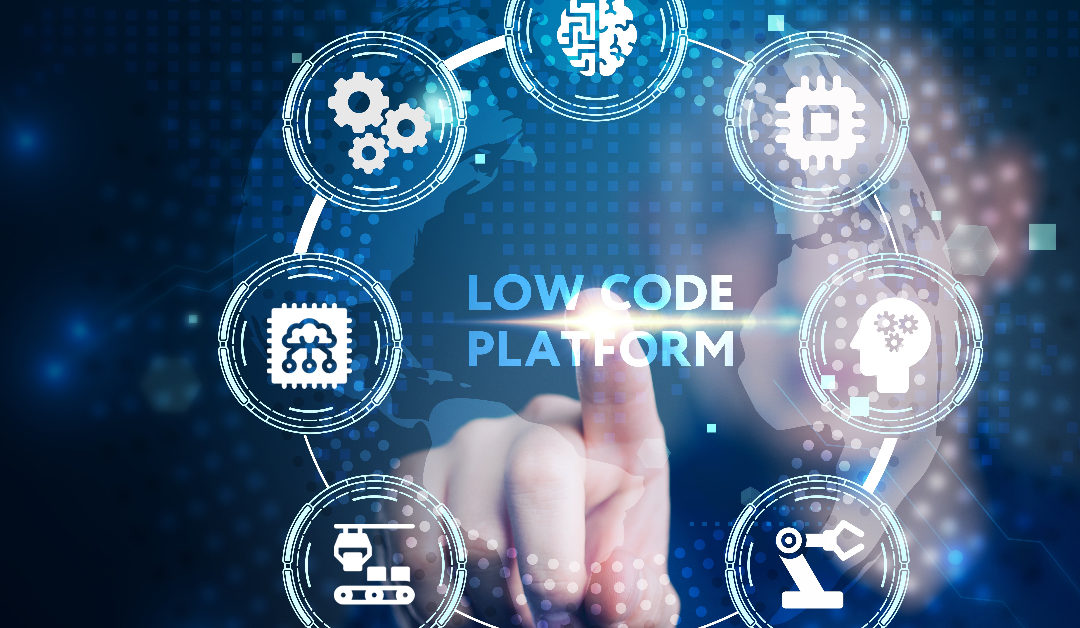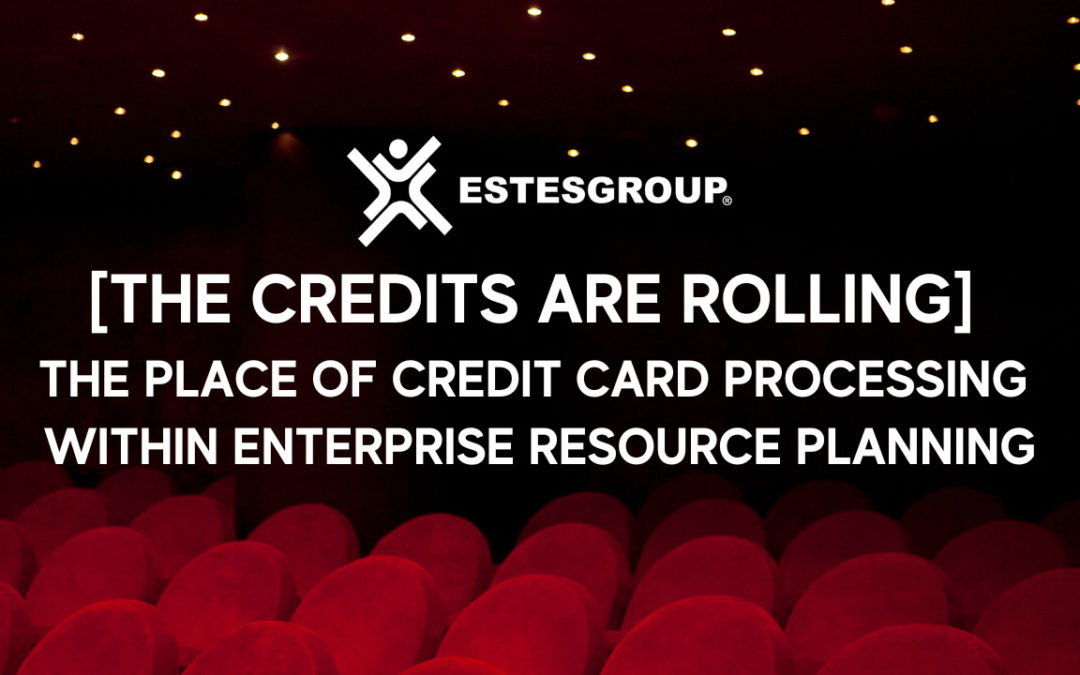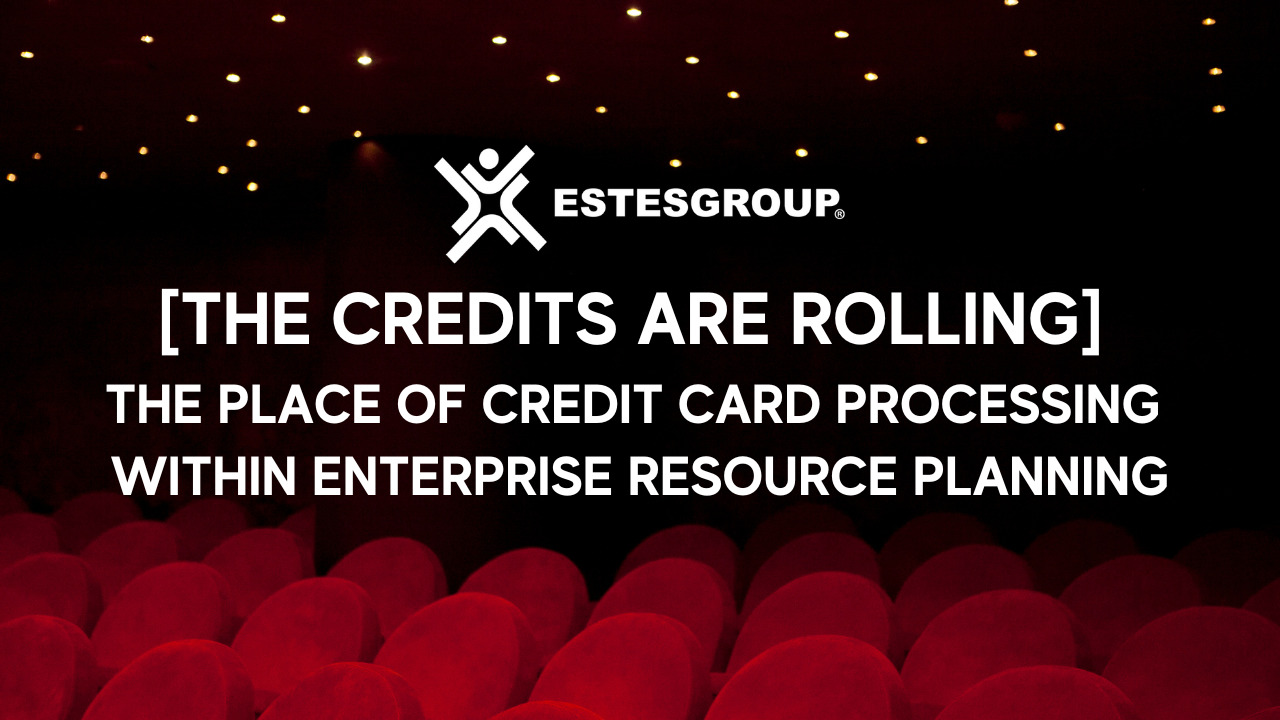
Walk for Charity at P21WWUG CONNECT in San Antonio
Technology is on the move. Chase it down at P21WWUG CONNECT in San Antonio this August. Cloud options, web client deployments, integrations, middleware installations: the road ahead is replete with opportunities and obstacles, with shortcuts and fast lanes — not to mention the occasional blind alley.
EstesGroup is excited to be the Platinum Sponsor for the Epicor Prophet 21® event of the year! We will begin the show with a cause dear to our hearts. In the spirit of meaningful motion, DCKAP & EstesGroup teams have banded together to walk for charity at P21WWUG CONNECT in San Antonio.
Are you attending the annual P21WWUG CONNECT event?
CONNECT is a great opportunity to learn more about Epicor’s P21® application — what it can do, how it can be used and, most importantly, where it’s headed. Applications are always on the run. Events like P21WWUG CONNECT are a great opportunity to catch up and head them off at the proverbial pass.
Run Your Business With Prophet 21®, Walk for Charity with EstesGroup ERP Experts
WHO: EstesGroup, DCKAP, and YOU!
WHAT: A charity walk that will benefit the Save the Children Foundation (FREE to attend, as donations are optional, with FREE breakfast following the walk)
WHEN: August 29th from 7 AM to 10 AM (CST)
WHERE: At P21WWUG CONNECT in San Antonio at the JW Marriott San Antonio Hill Country Resort
WHY: Find community with ERP, technology, cloud, and commerce experts while supporting a good cause!
This is a great opportunity to clear your head, and meet some great people while helping the world, before the P21WWUG CONNECT event activities and festivities commence.
Walk With EstesGroup and DCKAP this August
Get some exercise and enjoy a good meal afterwards! We’ll meet at a designated area on the grounds prior to the P21WWUG Connect event, where we’ll start the day with coffee and refreshments before heading out on the walking path. Then, we’ll provide attendees with a hearty breakfast and grab-and-go goodies, too.












